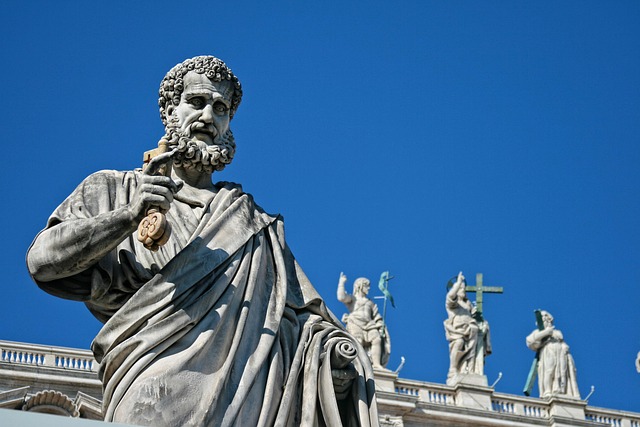Sacred Rituals of Saints: Exploring the Spiritual Practices That Define Religion
Throughout history, saints have held a special place in the hearts and minds of believers across the globe. These revered figures, often celebrated for their exceptional virtue and profound spirituality, serve as both guides and intercessors in many religious traditions. At the core of the practices surrounding these saints lie sacred rituals that resonate deeply with the faithful, encapsulating the essence of spirituality and connection to the divine.
The Role of Saints in Religious Practice
Saints are more than just historical figures; they embody ideals of holiness and morality that inspire countless individuals. Each saint’s life story often serves as a model for believers, showcasing a path of devotion and unwavering faith. The rituals associated with saints are designed not just for reverence but also for personal transformation. Many followers seek to emulate the virtues of these holy figures, engaging in rituals that reinforce their spiritual journeys.
Rituals of Remembrance
One common form of ritual is the celebration of feast days, which commemorate the lives and teachings of various saints. These days are often marked by special masses, processions, and community gatherings that create a sense of unity among believers. The act of coming together to honor a saint encourages reflection on one’s own spiritual path, fostering a deeper connection with the divine.
For instance, the feast of St. Francis of Assisi invites individuals to engage with nature, echoing the saint’s love for all living beings. This ritual encourages participants to express gratitude for creation, showcasing a tangible way to connect with spirituality through the lens of a beloved saint.
Acts of Devotion
Devotional practices dedicated to saints often include prayer, meditation, and acts of charity. These rituals reflect a commitment to living out the teachings of the saint in daily life. Many believers find solace in praying to saints for intercession, believing that these holy figures can advocate on their behalf before God. This act of devotion serves to deepen the spiritual experience, providing comfort and guidance during times of uncertainty.
In traditions such as Catholicism, the Rosary is a well-known ritual that often includes prayers to various saints. This practice not only connects individuals to their faith but also strengthens their network of spiritual support, as they invoke the presence of saints who can pray with them and for them.
Community and Connection
The shared rituals surrounding saints create a robust community atmosphere. Engaging in collective worship and celebration fosters a sense of belonging among believers. Rituals like pilgrimages to sacred sites, where saints are often venerated, serve as powerful reminders of faith and commitment to a greater purpose. These journeys, steeped in tradition and spirituality, often become life-changing experiences, uniting participants in a shared quest for meaning.
The Personalization of Spiritual Practices
While each saint has their specific attributes and veneration practices, individuals often find personalized ways to incorporate these figures into their own spiritual lives. Many choose to light candles, create altars, or offer personal prayers to saints they feel particularly drawn to. This unique connection not only embodies the essence of the saint but allows for a deeper personal relationship with the divine.
In this way, rituals connected to saints transcend mere tradition; they become living expressions of faith, hope, and love. Each act of devotion offers believers an opportunity to touch the sacred, transforming their everyday existence into a profound spiritual journey. By engaging in these rituals, individuals deepen their understanding of faith and create pathways that lead to greater self-awareness and communal harmony.
As we explore the sacred rituals of saints, we uncover the rich tapestry of human spirituality. These practices not only define religions but also resonate with our innermost yearnings for connection, purpose, and transcendence. In the embrace of these rituals, we find a reflection of our own lives, illuminating the sacredness that exists within and around us.




